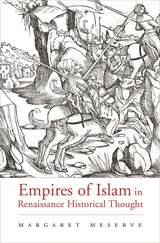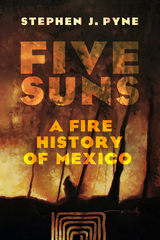



Renaissance humanists believed that the origins of peoples could reveal crucial facts about their modern political character. Margaret Meserve explores what happened when European historians turned to study the political history of a faith other than their own.
Meserve investigates the methods and illuminates the motives of scholars negotiating shifting boundaries—between scholarly research and political propaganda, between a commitment to critical historical inquiry and the pressure of centuries of classical and Christian prejudice, between the academic ideals of humanism and the everyday demands of political patronage. Drawing on political oratory, diplomatic correspondence, crusade propaganda, and historical treatises, Meserve shows how research into the origins of Islamic empires sprang from—and contributed to—contemporary debates over the threat of Islamic expansion in the Mediterranean. Humanist histories of the Turks were sharply polemical, portraying the Ottomans as a rogue power. But writings on other Muslim polities include some of the first positive appraisals of Muslim statecraft in the European tradition.
This groundbreaking book offers new insights into Renaissance humanist scholarship and the longstanding European debates over the relationship between Christianity and Islam.
READERS
Browse our collection.
PUBLISHERS
See BiblioVault's publisher services.
STUDENT SERVICES
Files for college accessibility offices.
UChicago Accessibility Resources
home | accessibility | search | about | contact us
BiblioVault ® 2001 - 2024
The University of Chicago Press









